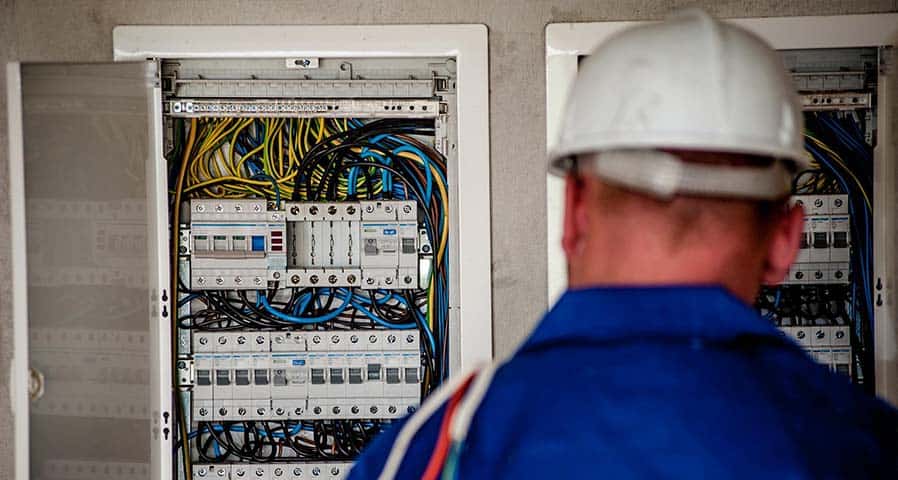
Image Source: Google
When it comes to your business, having a reliable and skilled electrical contractor is essential. From installations to repairs, your commercial electrical system plays a vital role in the daily operations of your company.
Choosing the right contractor can save you time, money, and potential headaches in the long run. To help you make an informed decision. If you are in search of the right commercial electrical contractor, you may consult Varney Inc.
Here is the ultimate guide to selecting the right commercial electrical contractor for your business.
1. Assess Your Needs
Understand the Scope of Your Project
Before you start looking for a commercial electrical contractor, it's crucial to assess your needs and understand the scope of your project. Whether you need a complete electrical system installation, a major upgrade, or routine maintenance, knowing exactly what you require will help you find a contractor who can meet your expectations.
Determine Your Budget
Establishing a budget for your electrical project is essential to ensure that you can afford the services of a commercial contractor. Be clear about your financial limitations and discuss them openly with potential contractors to avoid any misunderstandings down the line.
2. Research Potential Contractors
Check Qualifications and Experience
- Look for licensed and insured contractors to protect yourself and your business.
- Verify the contractor's experience in commercial electrical work to ensure they have the necessary skills.
- Check for any certifications or affiliations with reputable industry organizations.
Read Reviews and Ask for References
- Read online reviews and testimonials from previous clients to gauge the contractor's reputation.
- Ask the contractor for references and reach out to past clients to get feedback on their work quality and professionalism.
3. Schedule Consultations
Discuss Your Project Needs
During the consultation, be clear about your project requirements, timeline, and budget. Communication is key to ensuring that both parties are on the same page regarding expectations and deliverables.
Ask About Safety Protocols
Ensure that the contractor follows strict safety protocols to protect your employees and property during the project. Inquire about their safety measures and protocols to avoid any accidents or mishaps on your premises.
4. Evaluate Proposals
Compare Pricing and Services
- Review the proposals from different contractors to compare pricing and services offered.
- Avoid choosing solely based on price; consider the value and quality of services provided.
Consider Timeline and Availability
- Evaluate the proposed timeline for completing the project and ensure it aligns with your schedule.
- Confirm the contractor's availability to avoid any delays or conflicts with other projects.
5. Sign a Detailed ContractInclude Project Details and Timeline
Make sure the contract includes all project details, such as scope of work, materials to be used, timeline, and payment terms. Having a written agreement can protect both parties in case of any disputes or misunderstandings.
Clarify Warranty and Maintenance Terms
Discuss the warranty on materials and workmanship, as well as any maintenance services included after the project completion. Understanding the post-project support can help you make an informed decision when selecting a contractor.
6. Monitor the Project Progress
Regular Communication with the Contractor
Stay in touch with the contractor throughout the project to address any concerns or issues that may arise. Clear communication can help prevent misunderstandings and ensure the project stays on track.
Inspect the Workmanship
Regularly inspect the quality of workmanship and materials used to ensure they meet your standards and expectations. Address any issues promptly to avoid costly repairs or rework in the future.
